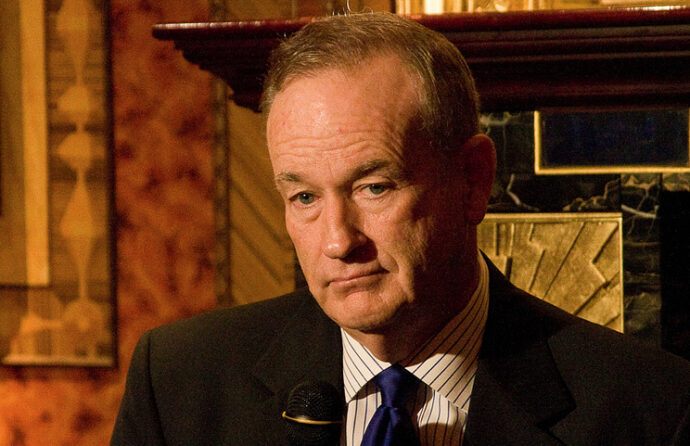Brian Williams may never return as a news anchor, and while the right-wing wagons circle around Bill O’Reilly the controversy over his “confirmed fabrications” deepens. In the cases of these larger-than-life newsmen the factual infidelity had been allowed to persist for years despite those reporters and members of the military who knew the truth.
None of this should come as a surprise to those who have an understanding of the power of narrative over our lives. Joseph Campbell has explored this ad nauseam in his analysis of the function of myth, and in The Gulf War Did Not Take Place philosopher Jean Baudrillard explored how the larger narrative of an event can be shaped through the, shall we say, misremembering of media outlets.
From Williams braving a downed helicopter, to Iraq attacking us on 9/11, to the enduring myth that Republicans are fiscal conservatives while Democrats are out of control spend freaks, we want, perhaps need, these stories to be true—and after years of reinforcement we come to believe them despite facts to the contrary.
I would suggest that the enduring power of story over fact is what powers a certain kind of fundamentalist interpretive approach. Despite a casual reading of scripture revealing innumerable mistakes and inconsistencies, there are scores of “Bible believing” Christians, for example, who refuse to view the Bible as anything but inerrant.
The Gospels often demonstrate the consistency and veracity of, say, a Brian Williams or a Bill O’Reilly war story. An example: in the gospel of John where, despite his disciples regularly asking Jesus where he is going in the future (John 13:36 and 14:5), he says, “But now I am going to him who sent me; yet none of you asks me, ‘Where are you going?’” Perhaps the writer of the gospel suffered from some misremembering of his own, or maybe Jesus was playing the trickster—or it’s a mistake in the text.
There are Bible-believing Christians who are aware of these scriptural errors and inconsistencies, but choose to ignore them, the narrative of truth being more important to them than truth itself. When I was in grad school, a classmate who was already serving a congregation was fascinated, if not a little bothered, by the critical method applied to scripture by several professors. As she said to me: “I would love to tell my folks about this, but I’d be out of a job.”
Others respond to errors in scripture by constructing elaborate interpretive models that strain credulity.
In either case, misremembering is a vital element in preserving a chosen myth. For Brian Williams, his narrative was a microcosm of the larger Iraq war, reflecting the preprogrammed storyline of the bravery of American soldiers and the intrepid spirit of beloved journalists who arguably cheered on the march to war in the first place. Once he admitted to his false account, rather than prompting the media to face larger questions over inconsistencies in the accepted chronicle of the war, Williams was essentially out of a job—a fate that would likely befall my friend from grad school were she to pull the biblical curtain back for her parishioners.
O’Reilly, on the other hand, has decided to challenge (or outright bully) his critics and tie the issue into skewed knots—perhaps hoping that by muddying the waters he will preserve his inerrant image among his faithful viewers.
The media furor surrounding the tall tales of Brian Williams and Bill O’Reilly might have less to do with celebrity ego and much more to do with the continued deconstruction of an infallible American mythology that has recently taken some serious hits (unmanned drone strikes, for instance, and an illegal torture program). The desperation to maintain this nationalistic illusion is mirrored in the “God said it, that settles it” view of biblical literalists, a conviction that must be furiously defended at the risk of one bad logical apple ruining the whole bushel of belief—a jingoistic exercise in exceptionalism that demands that Williams, who admitted his failure, be cast out of Eden and O’Reilly, whose bloody fingers cling desperately to his mounting pile of lies, will most likely remain.
Photo of Bill O’Reilly by flickr user Justin Hoch via Creative Commons





